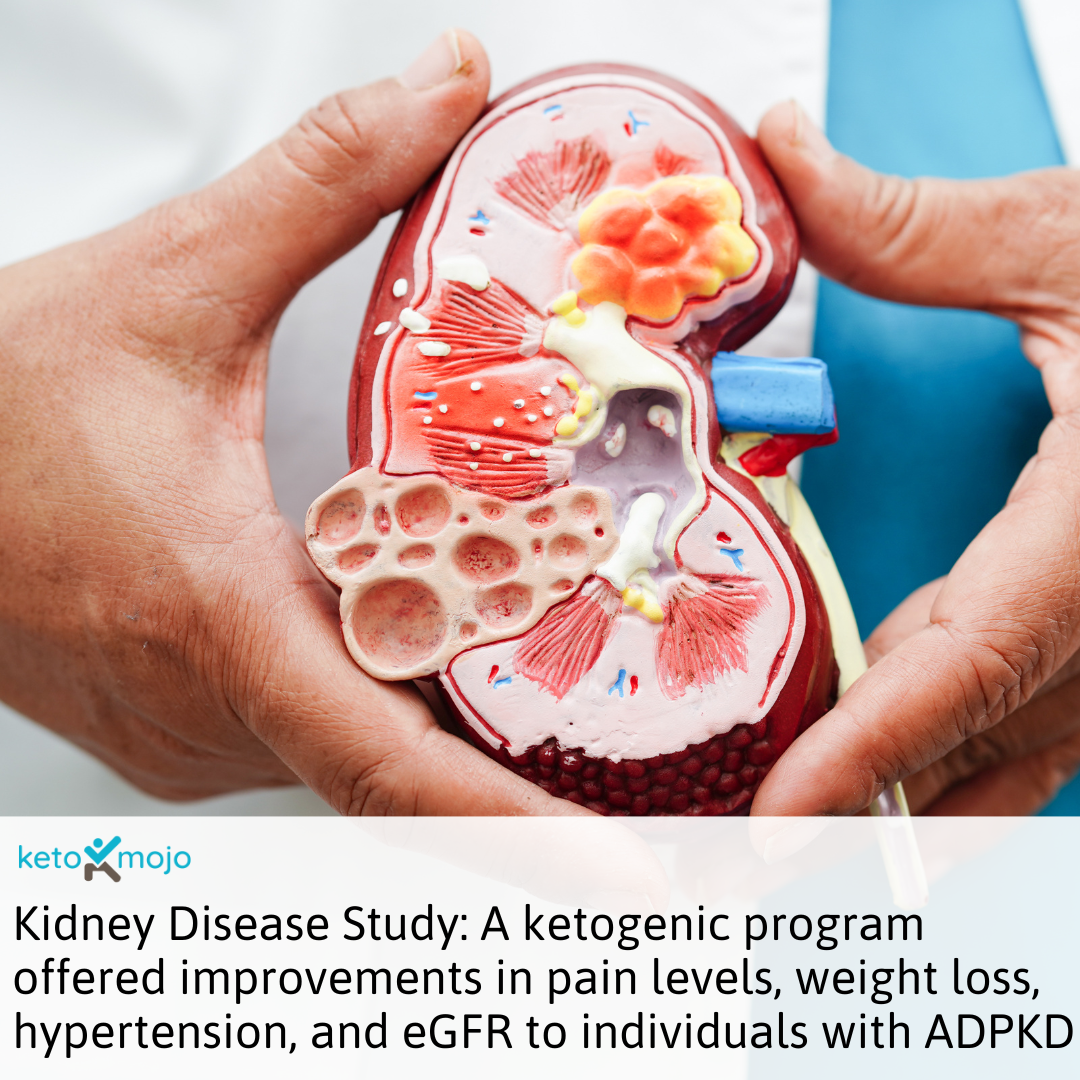General Health
RenNu, a Dietary Program for Individuals with Autosomal-Dominant Polycystic Kidney Disease Implementing a Sustainable, Plant-Focused, Kidney-Safe, Ketogenic Approach with Avoidance of Renal Stressors

Autosomal dominant polycystic kidney disease (ADPKD) is a common inherited cause of kidney failure, with limited treatment options available that do not achieve regression. Recent research has indicated that specific dietary changes could help slow ADPKD progression by targeting metabolic vulnerabilities of cyst cells.
Cyst cells in ADPKD rely heavily on glucose and are unable to effectively use fatty acids and ketones for energy. High-carbohydrate diets can worsen disease progression, while renal stressors like oxalate, phosphate, and uric acid further stress the kidneys.
RenNu was a remote, dietitian-supervised educational program developed based on these insights, to help individuals with ADPKD make sustainable dietary and lifestyle changes aimed at improving kidney health.
RenNu involved four phases – orientation, plant-focused ketogenic diet phase, fat-adapted phase, and maintenance – where participants received education on the science behind the diet, self-measurement of health parameters, and nutrient tracking. Patients also used a medical food containing the ketone beta-hydroxybutyrate and alkaline citrate, along with in mindfulness exercises.
This article reported the first experience with the RenNu program and beta testing with 24 participants. Key findings:
🔷 High adherence and feasibility: A total of 22 participants completed the program; 13 participants responded that they were very likely to continue a ketogenic lifestyle after the program.
🔷 Health improvements: Participants reported various health benefits, including reductions in pain levels, weight loss, better management of hypertension, and improved kidney function (eGFR).
The initial experience with the RenNu program was highly positive in terms of both adherence and clinical outcomes. The program is now publicly available for individuals with ADPKD to learn and implement kidney-safe, ketogenic lifestyle changes.




